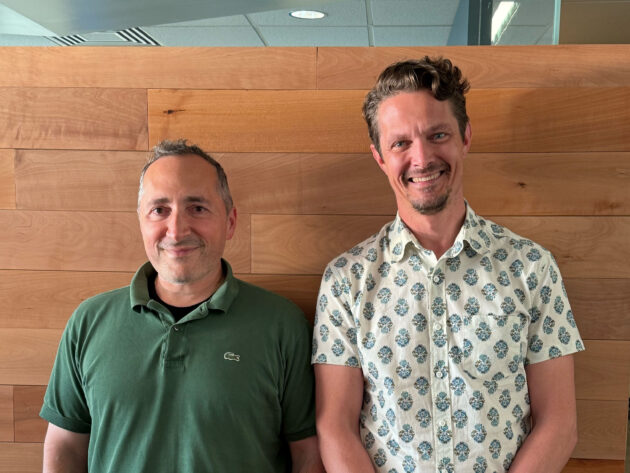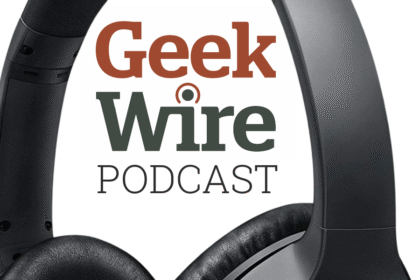NewDays, a Seattle startup using a generative AI therapy to treat people with mild dementia, today announced $7 million in funding to expand its service.
The company offers telehealth visits with clinicians once or twice a month combined with frequent, personalized conversations with an AI companion called Sunny.
“We’ve had this large group of people that for the longest time has been told there is no cure, there is no drug that can fix your disease, there is no drug that can stop your disease,” said co-founder Babak Parviz. “Basically, you cannot do anything, just live with it … And what we’re saying is that there is hope so you can actually take charge and meaningfully, actually do things that can make your life better and make life better for your loved ones.”
In a pilot project including more than 1,000 users, participants gave the service a 4.5 out of 5 approval rating and 100% of respondents said they felt “better” or “a lot better” after using the program. The pilot ran in Washington, California and Florida and the service is now being offered in Texas as well.
The need to support seniors with cognitive decline is massive. An estimated one-third of Americans 65 and older have either dementia or mild cognitive impairment, said the NewDays team.
NewDays’ strategy for care is based on research from the Internet-Based Conversational Engagement Clinical Trial (I-CONECT), a study that provided virtual chats between healthcare providers and elderly participants that was led by a Harvard Medical School scientist.
The project showed demonstrable benefits, slowing cognitive decline and reducing loneliness. But a model using human clinicians isn’t scalable to serve the millions of Americans alone who need treatment and the costs would be prohibitive.
So NewDays offers AI-generated conversations that aim to mimic the treatment provided in I-CONECT.
As Parviz explains, the startup took clinically proven interventions and assigned 90%-95% of the work to AI while including a human clinician to supervise the care to make sure it’s tailored and appropriate. The team has not conducted studies to determine efficacy.
Parviz, who serves as CEO, launched the startup last year with Chief Innovation Officer Daniel Kelly. Parviz was a vice president at Amazon where he led the company’s Grand Challenge initiative to discover new areas of operation. Prior to that role, he was at Google X and ran the Google Glass team. Kelly previously oversaw engineering teams at Amazon and Google X.
Both have dementia and Alzheimer’s in their families and were eager to apply their tech expertise to providing care to people suffering from these diseases.
The AI-led conversations are personalized to users and provide specific types of therapies including cognitive stimulation, cognitive training and cognitive rehabilitation. The chats with Sunny will cover a users’ interests and reminiscences. They’ll practice skills needed in day-to-day life, like remembering a series of questions that come up naturally in conversations with friends and family.
“We don’t want to be a substitute for their social connections,” Parviz said. “We want to be an amplifier there and sort of the builder of confidence, so they can actually practice with us and then go to do more human-to-human conversations.”
Kelly said that his father has moderate dementia and enjoys talking with Sunny during stretches of 30 minutes or more. For his dad, the AI chats are a safe, non-judgmental place for interactions.
“He knows that this is a piece of software and he can open up to it and not be worried about making mistakes or repeating himself, and it just kind of allows him a lot of freedom to have conversations in ways that he might refrain from when he’s interacting with other people,” Kelly said.
Another important benefit is Sunny is so engaging that Kelly’s mom gets a break from caregiving during that time.
People anywhere can try Sunny for free. The sessions with clinicians cost $150 per visit and unlimited use of Sunny is $99 per month. The service with clinicians is currently limited to Washington, California, Florida and Texas with plans for expansion.
NewDays does not share outside of the company any data collected in the conversations unless it’s needed for someone’s care.
Another startup using AI to deliver care to seniors called CloudMind is testing its technology in residential memory care homes. Multiple startups are offering AI-supported services for general mental health therapy and mindfulness, including Wysa, Woebot, Headspace and others.
Seattle’s Madrona Venture Group and San Francisco’s General Catalyst provided the seed funding.
Read the full article here










